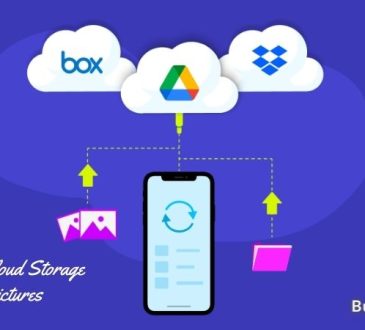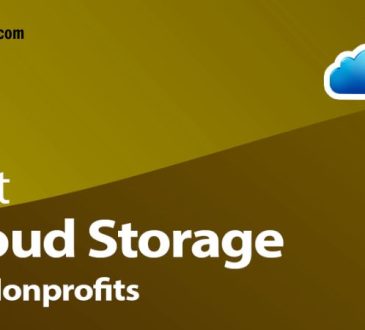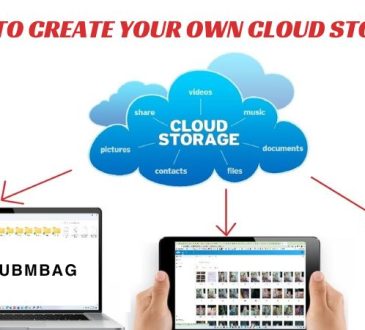
Any business that uses other IBM databases or analysis software may be interested in the IBM InfoSphere Information Server. It’s a full-featured platform that combines data integration with data quality and data governance. Gartner estimates that around 10,700 organizations worldwide use this product. Let’s learn about this data software in today’s article.
Contents
Some information about IBM company
IBM is one of the largest, oldest technology companies in the world, founded in 1911. Nicknamed Big Blue, the company is headquartered in Armonk, New York and has more than 380,000 employees globally. Last year, it reported revenue of $79.139 billion and a net income of $5.753 billion. The company offers a wide variety of products and services, including mainframe systems, analytics, automation, blockchain, cloud computing, collaboration, IoT, IT infrastructure, solutions mobility, security and artificial intelligence. Customers are served in 177 different nations throughout the world.
What is IBM InfoSphere Information Server?

IBM InfoSphere Information Server is a data integration software platform that helps organizations derive more value from complex, heterogeneous information spread across their systems. InfoSphere Information Server provides a single unified platform that enables companies to understand, clean, transform, and deliver trusted and contextual information.
IBM InfoSphere Information Server: The Future of Data Management
Key Features
Data Integration
Large-scale complex data assets should be gathered, and transformed, Reduce development time and scale dynamically by leveraging built-in data transformation capabilities. Deliver real-time data to business applications in bulk, virtual, or through variable data collection (CDC).
Data Quality
Clean and validate data then load it into the analytics view for consistent tracking. Ensure consistent information across the organization by linking related records across systems. Data governance guidelines are maintained by a central hub.
Metadata repository
Share imported metadata and other assets in any server component across the globe. Store project configurations, reports, and results for all server components in a unified repository.
Information Governance Catalog
Empowers data scientists and analysts to discover and analyze business data that adheres to corporate governance standards. Create, manage, and share a common business language, design and apply rules, and track the flow of data. Extend your on-premises administrative investment to the cloud by integrating with the IBM Watson Knowledge Catalog.
The Benefits of IBM InfoSphere Information Server

- Gives you the flexibility to respond flexibly to unique information integration requirements, from data integration to data quality and data management capabilities to deliver trusted information to initiatives for your important business.
- With a powerfully scalable extract, transform, and load (ETL) platform that dynamically integrates all data types, near real-time, deployable on-premises or in the cloud.
- Gain insight into current data content while improving integration with related products.
- Use a normalized approach to explore your IT assets and define a common business language for your data.
- Get more meaning from your business data through integrated rule analysis on a scalable platform that supports heterogeneous data.
- Automate business processes to improve cost savings: Remove outdated databases and automate processes to modernize your infrastructure.
- Load cleaned information into the analytics view to enable you to monitor and maintain data quality.
- This tool helps professionals set up purge criteria for migration and project creation. Companies can store and manage reusable metadata and edit the contents of the repository using InfoSphere DataStage.
- To help users run their workloads more quickly and effectively, the platform has built-in workload balancing technology.
Conclusion
IBM’s IBM InfoSphere Information Server helps businesses simplify their design process and provides extensive metadata management. It extracts, transforms, and deploys related data across a number of enterprise systems. The software allows developers to be productive and efficient in the automation process.



